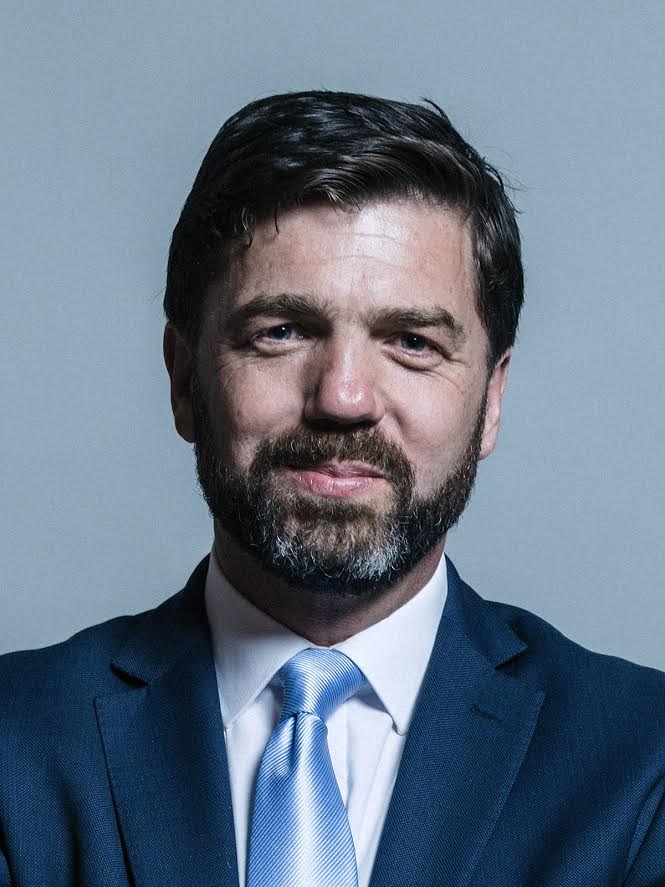FROM David Cameron’s focus on life-chances to Theresa May’s burning injustices and now Boris’s vision for levelling up, building a fairer society has been a central theme for my party over the past decade.
But, as last week’s row over free school meals illustrated, we are not always comfortable speaking in direct terms about poverty and hardship.
Some Conservatives prefer the aspirational language of opportunity and social mobility; others choose broader phrases such as social justice or the banner of One Nation. There is a lot of overlap of course.
But when it comes to discussing the problem of families not having enough money to get by, we sometimes struggle to find the vocabulary. Language matters and if we can’t find the words, we probably won’t find the solutions.
The UK has yet to feel the full force of the economic storm that Covid-19 has unleashed but there are already signs it will cause lasting damage to vulnerable communities, undoing much of the progress achieved in cutting unemployment over the past decade.
The speed and scale of the government’s intervention to protect workers during the lockdown has been unprecedented. But paying the wages of nine million people is not sustainable. As the furlough scheme begins to unwind, unemployment will rise with potentially millions of people losing jobs – pulled into poverty through no fault of their own.
Many have already been forced to turn to the benefits system. The most recent figures show a staggering 2.3 million new universal credit claimants. This will grow further.
The system itself has handled the increased caseload remarkably well. But many families will find the change from the emergency parachute of furlough to the longer-term safety net of universal credit a very hard landing indeed.
Worryingly, areas that were already struggling before the pandemic, such as ex-industrial and coastal towns, are likely to be the places hardest hit. These are the very communities at the heart of the levelling-up vision. But the full gains from increasing investment in poorer regions won’t be seen for years. It is not the answer to the question of how we support those families being pushed into poverty right now.
Even before the virus struck there were signs that too many families were struggling to make ends meet, including large numbers of working families also living in poverty.
Research from the Joseph Rowntree Foundation shows that nearly two-thirds of families on universal credit have been forced to borrow money since the start of this crisis. As the economic fallout from coronavirus grows, many families will be plunged deeper into debt. In April the government increased the universal credit standard allowance by £20 a week, recognising the extra pressures millions are now facing.
But to prevent further hardship, as more people fall out of work and for longer periods, there is a case for strengthening our system of social security. The political choices of the past decade that saw working-age benefits squeezed while the state pension was boosted by the triple lock are not the ones for this new period we are entering.
So, what steps can we take? Firstly, we could implement the recommendation of the work and pensions committee this week and uprate the legacy benefits.
The Joseph Rowntree Foundation is also calling for a temporary increase of £20 per week in the child element of universal credit and child tax credits to prevent families being pulled further into poverty. Compared with the eye-watering costs of the furlough scheme, this measure could represent a reasonable price to pay to hold families steady during this crisis.
As the government turns its attention to a growth strategy to fire up the economy, with a focus on jobs, apprenticeships and infrastructure, we should not forget our mission to support families facing hardship at this time.
This would reflect the best of all Conservative traditions.
This article was first published in The Times on Thursday, June 25 and is reproduced by kind permission of Stephen Crabb MP


















Add Comment